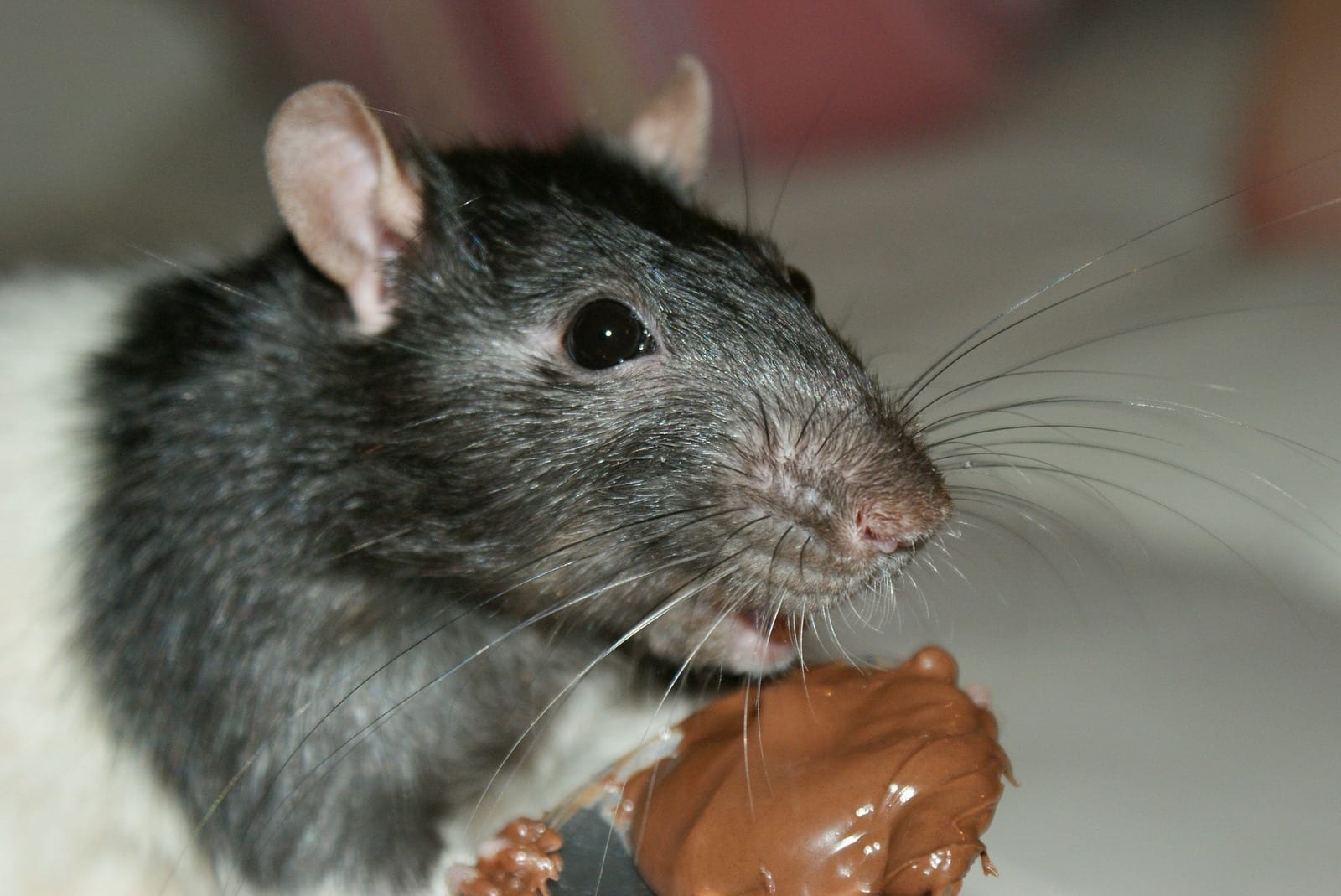As temperatures drop, homes become inviting havens for mice and rats seeking warmth, food, and shelter. However, a rodent infestation can occur year-round, causing significant damage to your property and posing health risks to your family. Knowing the common signs of a rodent infestation can help you identify the problem early and seek professional help to mitigate the damage.
1. Droppings
One of the most common signs of a rodent infestation is the presence of droppings. These tiny, pellet-like pieces measure around 1/8″ to 1/4″ in length and are often found near food sources, such as kitchen cabinets, pantries, and under sinks. You might also notice droppings along walls, behind appliances, or inside storage areas.
Both mouse droppings and rat droppings can carry harmful pathogens, including salmonella and Hantavirus, making them a serious health hazard. Spotting fresh droppings indicates active rodent activity in your home.
2. Gnaw Marks
Rodents are notorious chewers. Their strong teeth allow them to gnaw through various materials, including wood, plastic, and even lead pipes. Gnaw marks on walls, furniture, or food containers are a clear indicator of a rodent problem.
In severe cases, rats and mice can chew through electrical wiring, significantly increasing the risk of house fires. Keep an eye out for bite or chew marks on exposed cables, baseboards, and household items.
3. Greasy Rub Marks
As rats and mice navigate your home, they often use the same pathways repeatedly. Their oily fur leaves behind greasy rub marks or smudges on walls, floorboards, and entryways. These telltale signs are often seen near entry points or along their preferred routes, providing insight into their movement patterns within your home.
4. Nests
Rodents build nests in hidden areas, often using readily available materials. You may notice shredded paper, dried plant matter, cotton, or fabric scattered in secluded spots like attics, basements, or behind appliances. These crafty nests are a sure sign of active rodent activity, as rats and mice create warm, secure spaces to reproduce.
5. Strange Noises
One of the signs of a rodent infestation is hearing strange noises, particularly at night when rodents are most active. Scratching, scurrying, or gnawing sounds coming from your walls, attic, or ceiling could indicate the presence of rats or mice. These pests often move through walls and ceilings in search of food and water sources or while creating hidden burrows.
6. Damage to Food and Storage Areas
Rodents are drawn to easily accessible food sources. If you find torn food packages, chewed containers, or signs of gnawing in your pantry, it’s a sure sign of a rat or mouse infestation. Rodents often leave droppings and urine near their feeding areas, further contaminating your food supply and increasing the risk of disease transmission.
7. Foul Odors
A rodent infestation can produce unpleasant smells. The scent of urine, droppings, or even a dead mouse hidden in your walls or attic can be overwhelming. These odors not only indicate active rodent activity but can also attract other pests, compounding the problem.
Health Risks Associated with Rodents
Rodents are not only destructive but also pose serious health risks. They can transmit a variety of diseases, including leptospirosis, salmonella, and Hantavirus. Their droppings and urine contaminate surfaces and food, creating an unsanitary living environment. Additionally, the accumulation of rat droppings or mouse droppings can trigger allergies or asthma, particularly in children and sensitive individuals.
What to Do If You Notice These Signs
If you’ve observed any of these signs of a rodent infestation, it’s essential to act quickly. Rodents reproduce rapidly, with a single female mouse capable of giving birth to six babies every three weeks. Delaying action allows the infestation to grow, causing more significant damage and health risks.
Prevention Tips
- Seal entry points: Close gaps, cracks, and holes around your home to prevent rodents from entering.
- Store food securely: Use airtight containers for your pantry items and avoid leaving pet food out overnight.
- Keep a clean home: Declutter your living spaces and eliminate easy access to nesting materials like paper or fabric.
- Remove water sources: Fix leaks and clean up standing water to make your home less attractive to rodents.
When to Call a Professional
While DIY methods can help manage small problems, a larger infestation requires professional intervention. Insight Pest Management offers comprehensive rodent control services to identify and eliminate the issue at its source. Our trained technicians conduct a thorough inspection of your property, pinpointing areas of concern such as entry points, nesting sites, and signs of active rodent activity.
We use specialized treatments and strategies to eradicate the infestation and provide ongoing support to ensure your home stays rodent-free.
Protect Your Home from Rodents
Don’t let rats and mice take over your home. If you suspect a rodent problem, contact Insight Pest Management today. Our experienced team provides reliable and effective solutions to eliminate your rodent infestation and protect your family from health risks and property damage. Early detection is key to minimizing the impact of a rodent infestation, so don’t hesitate to reach out for professional help.


